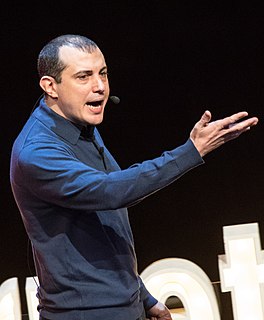A Quote by Olaf Carlson-Wee
I think the technology will get bigger and the price of Bitcoin will go up, so I'm speculating to increase my purchasing power. But I don't intend to sell the Bitcoin. I intend to hold it until there's a day where I can just use Bitcoin completely.
Related Quotes
Well, bitcoin is a currency. Bitcoin has no underlying rate of return. You know, bonds have an interest coupon. Stocks have earnings and dividends. Gold has nothing, and bitcoin has nothing. There is nothing to support the bitcoin except the hope that you will sell it to somebody for more than you paid for it.































